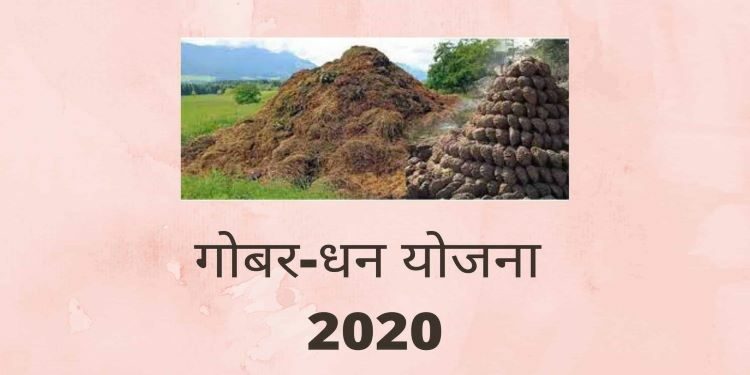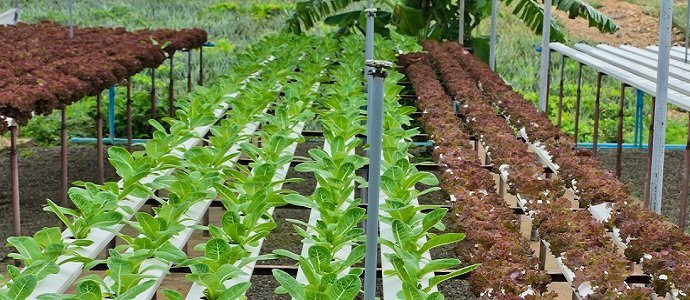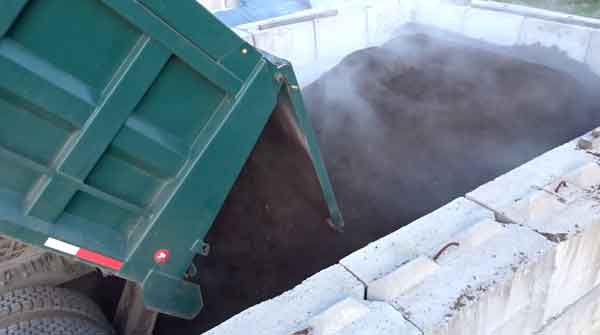
In News: Galvanizing Organic Bio-Agro Resources Dhan (GOBAR-DHAN) scheme was first announced in Budget 2018
About Gobar Dhan Yojana
- Under Minister for Drinking Water and Sanitation
- The main aim of Gobar Dhan Yojana is to make farmers self-reliant apart from converting waste to energy.
- This scheme will help in managing and reuse cattle dung and thus makes the nation “Open Defecation Free”.
________________________________________________________________________
Read Also: Is stevia a healthy alternative? Everything you should know,
________________________________________________________________________
- The important features and highlights of this scheme are as follows:-
- Central govt. has launched Galvanizing Organic Bio-Agro Resources Dhan (Gobar Dhan) Scheme to promote the management of cattle dung and reusing it.
- Subsequently, this scheme will contribute towards “Swachh Bharat Mission” and help in making India ODF Free.
- In addition to this, Gobar Dhan scheme will improve the life of people living in rural areas.
- Moreover, farmers can utilize this solid waste & cow dung in their farms and reuse it as compost, fertilizer, biogas and also as biofuel.
- Central govt. has also identified 115 districts where the government will make investment in various social services and develop them as role models.
Objectives of Gobardhan Scheme
- The main objectives of the Gobardhan Scheme is to increase rural income, rural jobs and to keep villages clean through solid waste management.
- Accordingly, Gobar Dhan Scheme 2020 aims to positively impact the Gram Panchayats with 3Es, which are as follows:-
- Energy : Self-reliance with respect to energy through utilisation of agricultural and animal waste to generate bio-energy through biogas plants.
- Empowerment : Engaging rural people, especially women self-help groups in construction, management and day to day operations of biogas plants.
- Employment : Generating jobs among the rural youth and women through collection of waste, transportation to treatment plants, management of treatment plants, sale and distribution of bio-gas generated etc.
- The scheme is intended to manage and convert cattle dung and solid waste in farms to compost, bio-slurry, bio-gas and bio-CNG.
- This initiative shall support biodegradable waste recovery and conversion of waste into resources.
________________________________________________________________________
READ ALSO: DEVELOPMENT OR DESTRUCTION – WHERE WE ARE HEADING TO!
________________________________________________________________________
Swachh Bharat Mission
- SBM is intended at accelerating the efforts to achieve universal sanitation coverage.
- It aims at achieving Open Defecation Free (ODF) nation and a Swachh Bharat (Clean India) by 2nd Oct, 2019, the 150th anniversary of Mahatma Gandhi.
- SBM is being implemented by the Ministry of Urban Development in Urban areas and by the Ministry of Drinking Water and Sanitation in Rural areas.
Objectives
- Elimination of open defecation
- Eradication of Manual Scavenging
- Modern and Scientific Municipal Solid Waste Management
- To effect behavioral change regarding healthy sanitation practices
- Generate awareness about sanitation and its linkage with public health
- Capacity Augmentation for ULB‘s
- Creating an enabling environment for private sector participation.
Components
- Household toilets, including conversion of insanitary latrines into pour-flush latrines;
- Community toilets
- Public toilets
- Solid waste management
- Public Awareness and IEC
________________________________________________________________________
READ ALSO: HOW THE ‘ORANGE AREAS’ DISPUTE IN CENTRAL INDIA LEAVES DALIT, ADIVASI FARMERS WITHOUT LAND…
________________________________________________________________________
Implementation
- Behaviour change is the primary focus and fundamental tool for achievement of ODF outcomes.
- This is carried out through the Ministry’s focused Information, Education and Communication (IEC) programme.
- It also promotes gender sensitive information, behaviour change guidelines and various mass education activities.
Funding
- States will contribute a minimum of 25% funds towards all components to match 75% Central Share.
- This will be 10% in the case of North East and special category States.
NOTE – This article was originally published in journalsofindia and can be viewed here
Tags: #bioagro, #farmer, #farming, #fertilizer, #Galvanizing, #getgreengetgrowing, #gngagritech, #gobardhan, #greenstories, #organic, #waste






Great paintings! That is the type of information that are supposed to be shared across the net. Shame on the seek engines for now not positioning this publish higher! Come on over and discuss with my website . Thank you =)
Only wanna tell that this is very useful, Thanks for taking your time to write this.